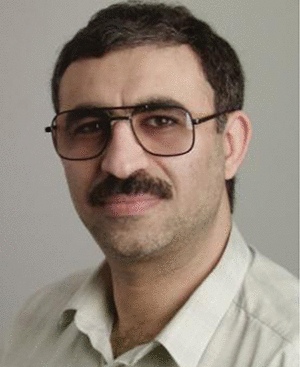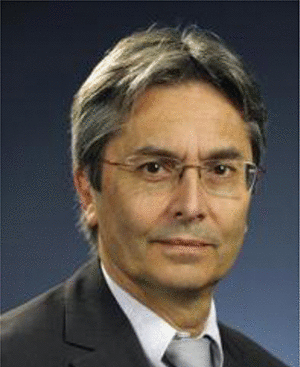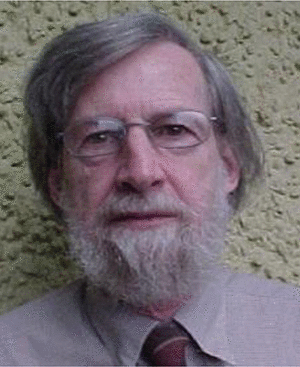Deposit formation occurs in most chemical, desalination, and power-generating processes. This is mainly due to the nature of the involved fluids, which frequently contain components that may precipitate to form various deposits on heat transfer surfaces. Depending on thickness and thermal conductivity, such deposits can greatly reduce the performance of the apparatus. This widespread phenomenon is associated with significant environmental impact, additional energy consumption leading to 1–2.5% of global CO2 emissions, and reduced production. The cost penalties due to fouling in heat exchanger applications alone have been estimated as about 0.25% of the gross domestic product (GDP) of industrialized countries.
The heat exchanger fouling and cleaning research and development (R&D) community is confronted with new challenges that have not been foreseen in the past and with old problems that are increasingly getting worse. For example, gas turbines are frequently operated in more polluted and dusty environments and desalination plants have to process seawater that contains more salt and particulate matter. Without any doubts, the problem of fouling will gain further attention once the temporarily low fuel costs regrow to their previous levels, climate changes as a result of energy conversion processes become more serious, technical innovation requiring more efficient thermal management will establish itself on the market, feed materials become more difficult to process, and restrictive environmental legislation is widely adopted. As a result, the spectrum of problems related to fouling will get worse despite many attempts in the past decades to understand its mechanisms and the techniques to mitigate it.
The International Conferences on Heat Exchanger Fouling and Cleaning that have been held in bi-yearly intervals since 1995 have helped to bridge the gap between academia, industry, and policymakers. This series of conferences has also provided an opportunity for innovative thinking and to explore new theoretical and practical approaches, due to the strong interaction of industrial and academic communities. A particular aim of this series of conferences is to provide a comprehensive overview of the state-of-the-art of this complex subject, with respect to the underlying mechanisms, mitigation and cleaning strategies. Previous conferences have been held in San Luis Obispo, CA (United States, 1995), Lucca (Italy, 1997), Banff (Canada, 1999), Davos (Switzerland, 2001), Santa Fé, NM (United States, 2003), Kloster Irsee (Germany, 2005), Tomar (Portugal, 2007), Schladming (Austria, 2009), Crete Island (Greece, 2011), and Budapest (Hungary, 2013).
The 11th conference in this series was held in the small but beautiful village of Enfield, Republic of Ireland, in June 2015. More than 110 specialists from 27 countries, out of which 50% were from industry, participated in this meeting. From 82 presentations, 15 have been selected for publication in this special issue of Heat Transfer Engineering, after careful peer review and revision. These papers deal with various aspects of heat exchanger fouling, along with novel fouling mitigation and cleaning strategies. Their content is of significant value for researchers, plant operators, exchanger manufacturers, chemical suppliers, and heat exchanger cleaning companies.
The full e-proceedings of the 2015 conference and those from the 2003–2013 conferences can be downloaded free of charge from the conference homepage, http://heatexchanger-fouling.com. The website also contains updated information about the next conference in this series, which is planned for June 2017.
The conference organizers are grateful to all who enthusiastically contributed to the conference. Special thanks are due to the authors of the papers in this special issue, who worked diligently in meeting the review schedule and responding to the reviewers' comments. As always, the reviewers played an important role in improving the quality of the papers and we have great appreciation for the very thorough reviews that were received. Feedback from a minimum of two reviewers was used as acceptance criterion.
Last but not least, we thank Professor Afshin Ghajar, the editor-in-chief of Heat Transfer Engineering, for his dedication and willingness to publish this series of special issues highlighting the current research going on worldwide. He has been a major supporter of the special issues and we are indebted to him.
Additional information
Notes on contributors

M. Reza Malayeri
Mohammad Reza Malayeri is an expert in multiphase flows, nonparametric mathematical modeling, enhanced heat transfer, fouling and mitigation in process industries, and enhanced oil recovery. He is the author of more than 150 articles. He has been a member of the organizing committee of the International Conferences in Heat Exchanger Fouling and Cleaning since 2001 and co-chair since 2007. He is also a member of editorial boards of several journals, including Heat Transfer Engineering.

Hans Müller-Steinhagen
Hans Müller-Steinhagen has since August 2010 been the Rector of Technische Universität Dresden. Prior to that he was the director of the Institute for Technical Thermodynamics of the German Aerospace Centre and the director of the Institute for Thermodynamics and Thermal Engineering of the University of Stuttgart. He has also held appointments as a research fellow at the University of Karlsruhe, research associate at the University of British Columbia, associate professor at the University of Auckland, and professor and head of school at the University of Surrey. His research work coverers a wide range of topics related to heat and mass transfer, multiphase flow, process thermodynamics, fuel cells, and solar thermal technology. The results of his studies have been published in 3 books and more than 600 papers, and have received numerous international awards and honors. He is a fellow of the Royal Academy of Engineering and of the German Academy of Technical Sciences, acatech.

A. Paul Watkinson
Paul Watkinson is a professor emeritus in the Department of Chemical and Biological Engineering at the University of British Columbia. His research interests include fouling of heat exchangers and other processing equipment, rotary kilns, and gasification processes.
